Celebrities taking NFTs to Mainstream
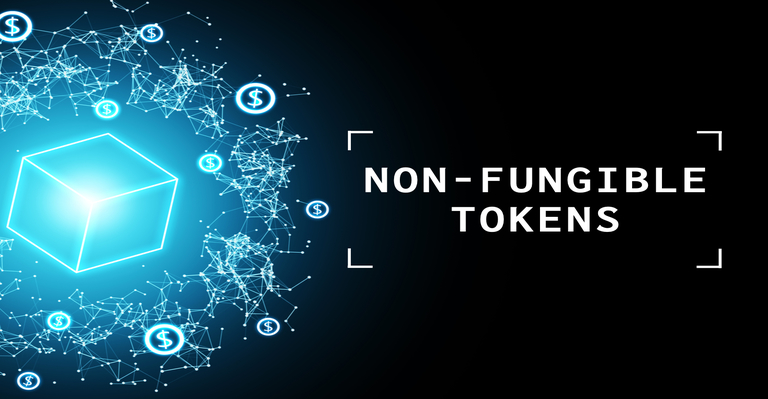
At a time when their popularity has exploded, NFTs have moved out of the tech underworld and into the mainstream. With more and more celebrities discovering and using marketplaces, creating and making their collections, songs and exclusive items available, we are seeing cryptography enter a medium that perhaps without cryptoart would not be possible anytime soon.
During the past few weeks, musicians, artists, professional sports players and many others have immersed themselves in the ecosystem. They invaded the crypto world, giving the impression that non-fungible tokens became a craze.
LET'S GET TO KNOW SOME OF THE CELEBRITIES THAT ADVENTURED IN THIS BRANCH.
Socialite Paris Hilton launched an NFT of her cat's design in August 2020 and auctioned it on the Cryptograph platform. She donated the proceeds from the sale of 40 ETH ($17,000 at the time) to charity.
In addition, she launched her own collection of NFTs, in collaboration with designer Blanke Kathryn, who featured three exclusive items and has grossed more than $1 million.
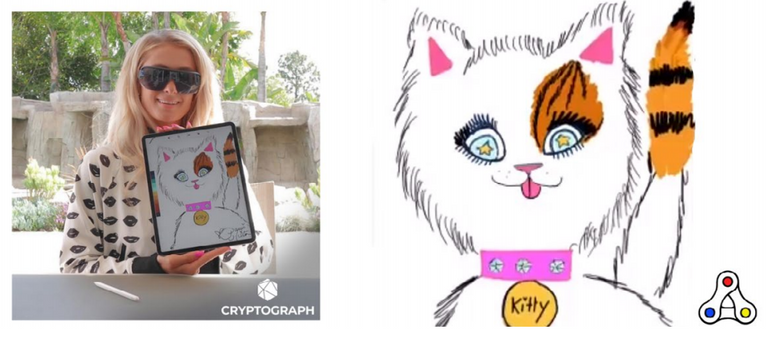
Lindsay Lohan sold her first NFT on February 15 for $57,290 and has since created several others, donating the proceeds from the sales. In the past few months, it has become a big advocate of Bitcoin on Twitter.
On March 27, the artist released the single “Lullaby” as an NFT on the Fansforever marketplace.
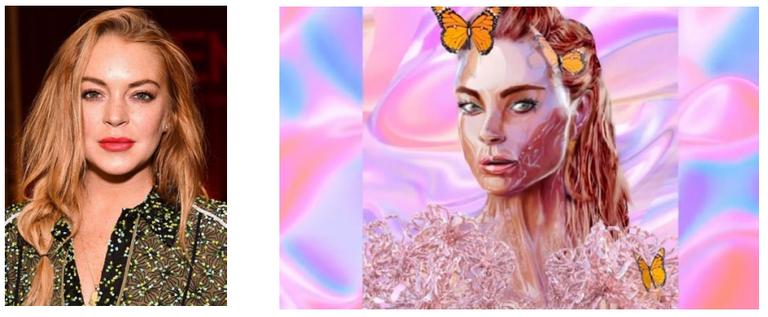
The rock band Kings of Leon is among the last celebrities to enter the craze. They released their latest album, "When You See Yourself", as an NFT on March 5.
The album is still available to everyone in traditional formats, but six NFTs are being sold with some exclusivity, like different album covers, download, concert tickets and a limited edition vinyl copy. NFTs are sold through the YellowHeart event ticket platform.
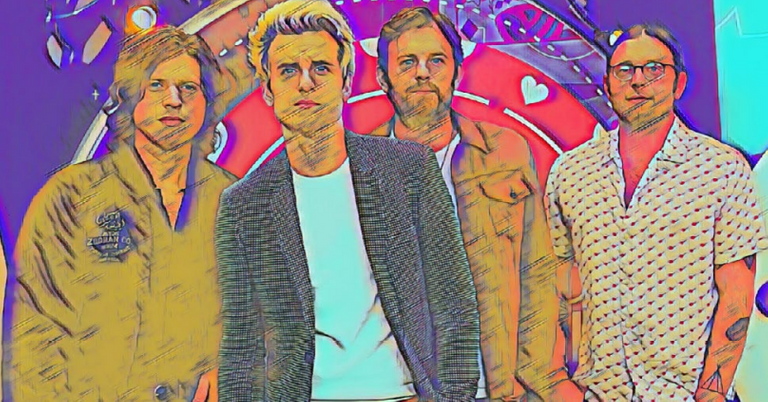
Rapper Azealia Banks is taking a different approach to NFTs: while most music artists made NFTs to release new songs, Banks is selling a sex tape. The audio tape lasts for 24 minutes and features audios from Banks and her fiancé, artist Ryder Ripps.
The NFT was sold for 10.00 ETH ($17,240 at the time) to artist Rulton Fyder nine hours after it went on sale. After the acquisition, the buyer even asked for $ 300 million for the tape.
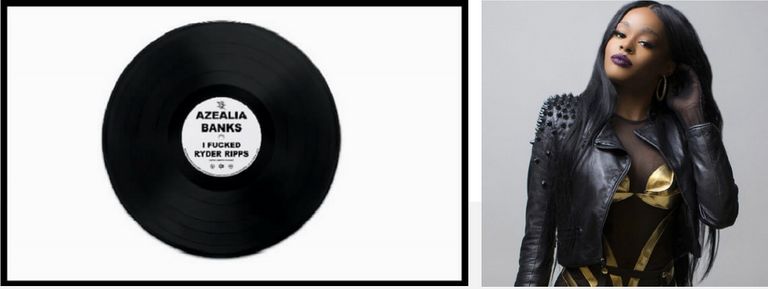
The first tweet from Twitter founder Jack Dorsey, of March 21, 2006, written "just configuring my twttr" was coined as NFT, after 15 years, and was auctioned for $ 2.5 million after Sina's bid Estavi, the CEO of Bridge Oracle, on the Valuables platform.

One of the most recent celebrities to join the movement was NFL player Rob Gronkowski - one of the biggest names in the American football league, who joined the São Paulo collective Black Madre, responsible for art and the OpenSea marketplace to launch five collectible cards in NFT format: four for each Super Bowl win and one commemorating all four wins.

Days after buying his first cryptocurrencies, American rapper Soulja Boy is now on Ethereum and created an NFT called Soulja Boy "Crank That", a hit that topped the music charts in 2007.
The musician showed a keen interest in finding out more about the crypto world and shared the address of his Ethereum wallet in a tweet. In it a fan responded by offering the name “souljaboy.eth” on the DNS service, which puts Ethereum's addresses in an easy-to-read format.
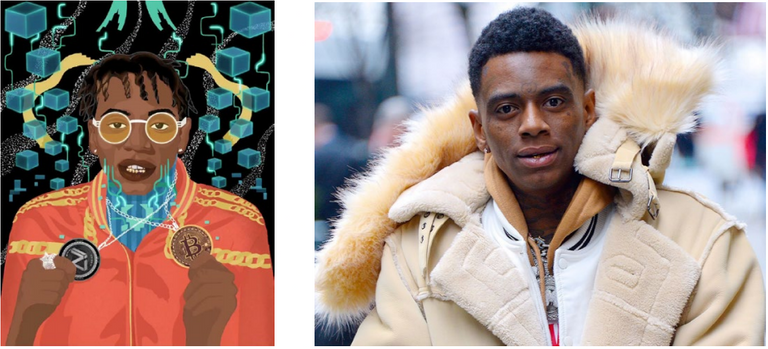
Market capitalization of transactions globally involving
non-fungible token (NFT) from 2018 to 2020.
The market capitalization of NFTs grew almost tenfold between
2018 and 2020, rising from $ 40.961 million to $ 338.035 million, with the potential to achieve much more over the next few months, which can be driven by mainstream adoption.
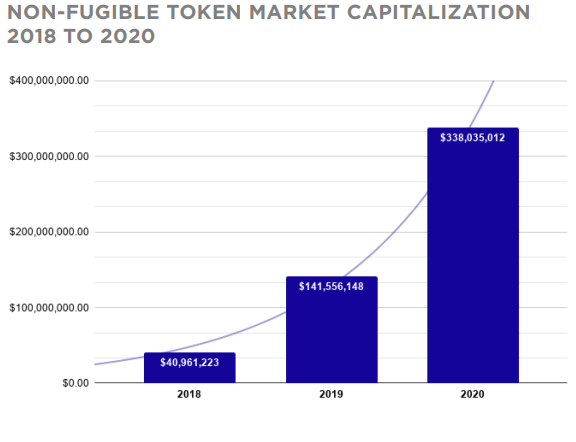
In addition to celebrities, NFTs also represent a great opportunity for novice and lesser-known creators who are spread across the internet.
They offer a way to achieve a controlled revenue stream, as they allow the monetization of the artist and his digital products directly with the public, without the revenue sharing models with intermediaries, present in sponsorship platforms, for example.